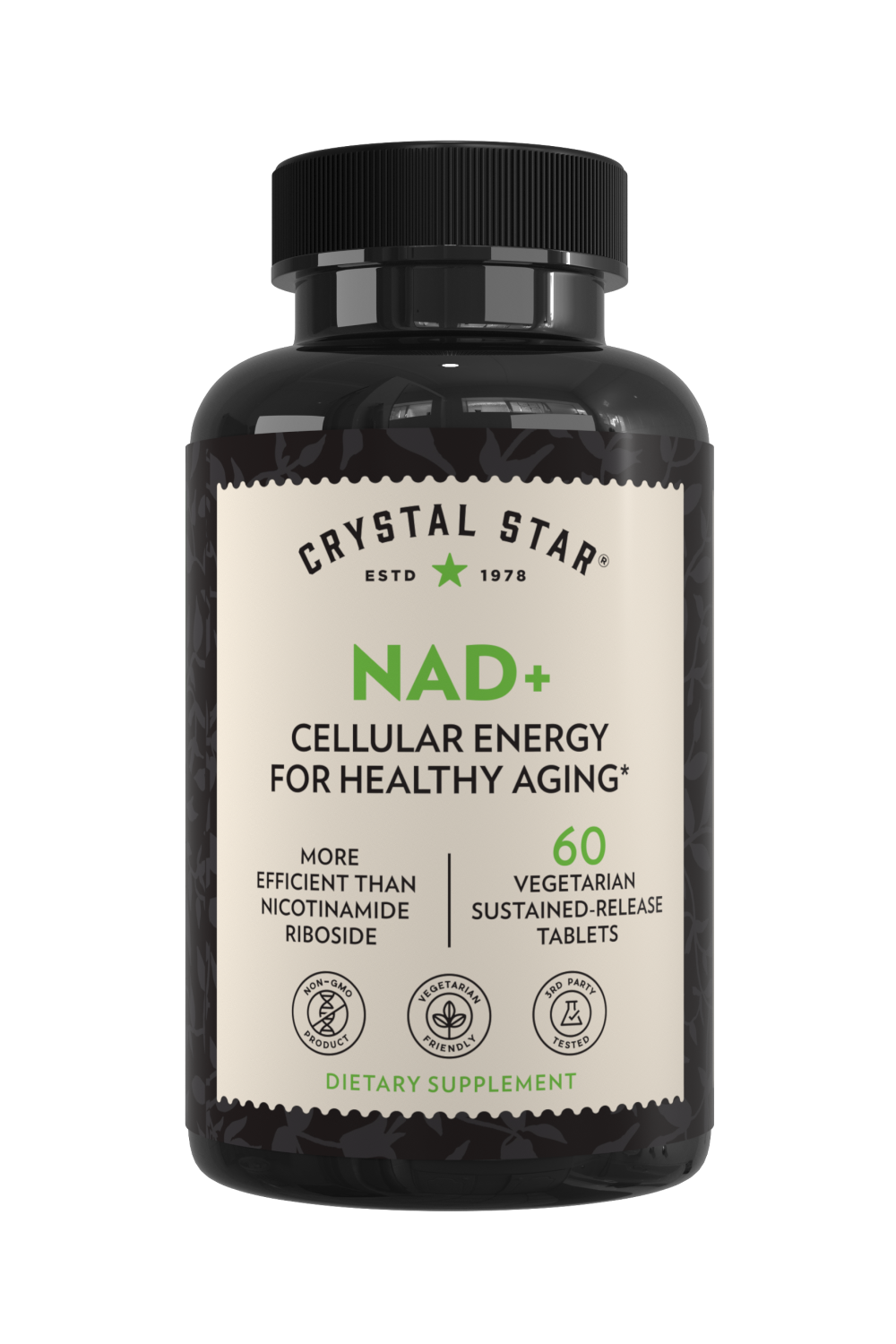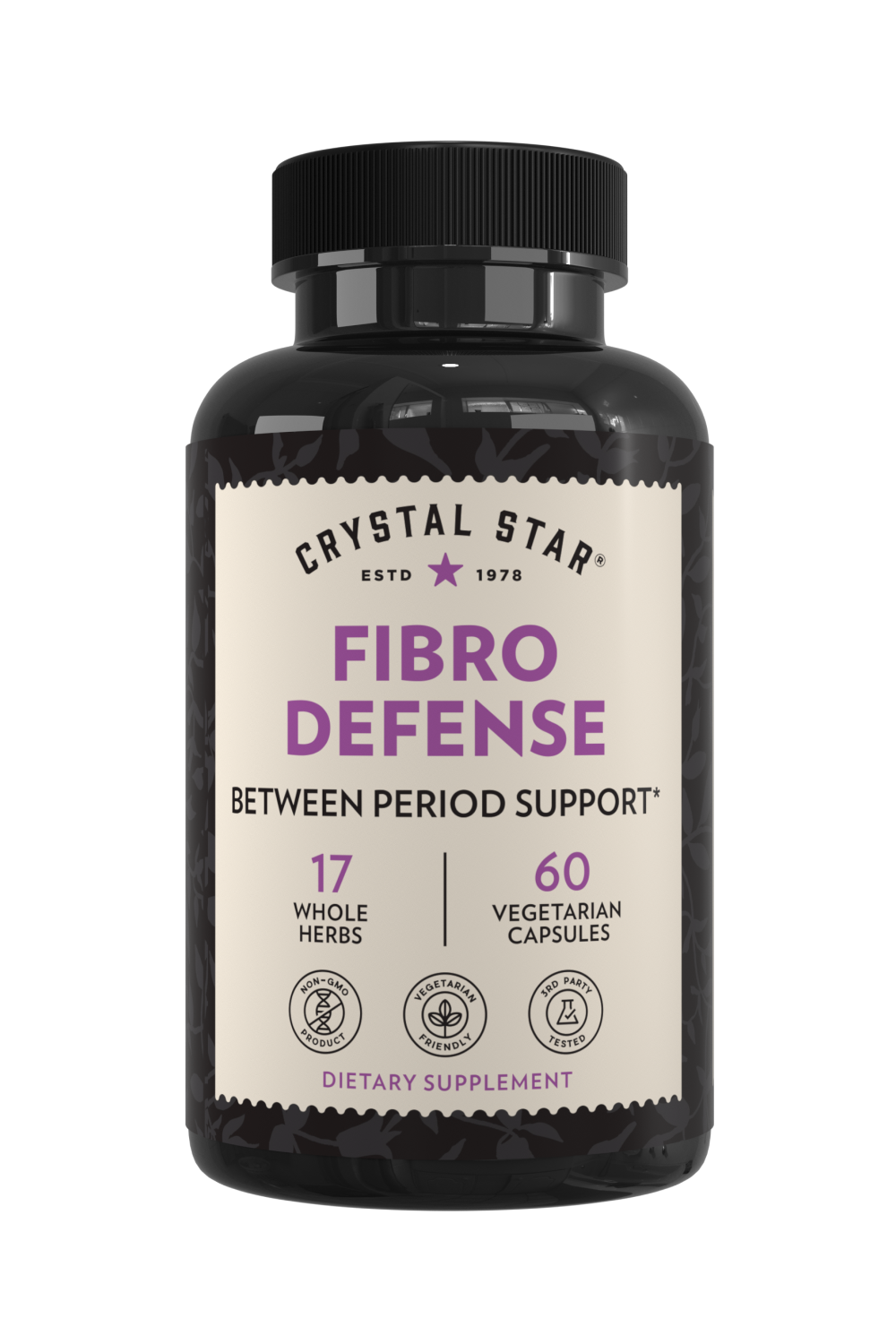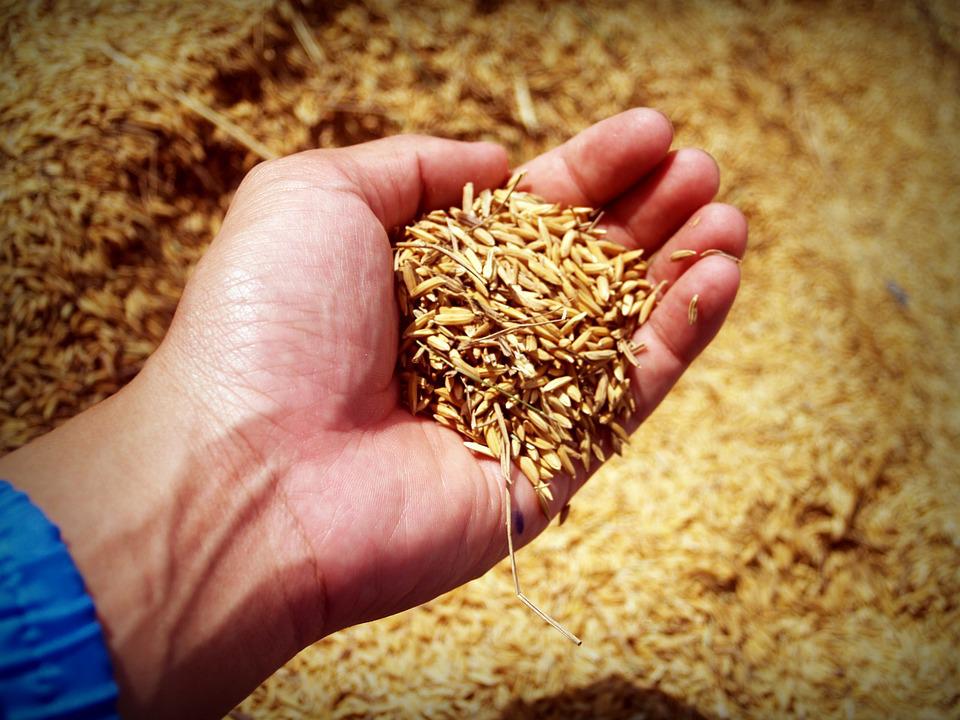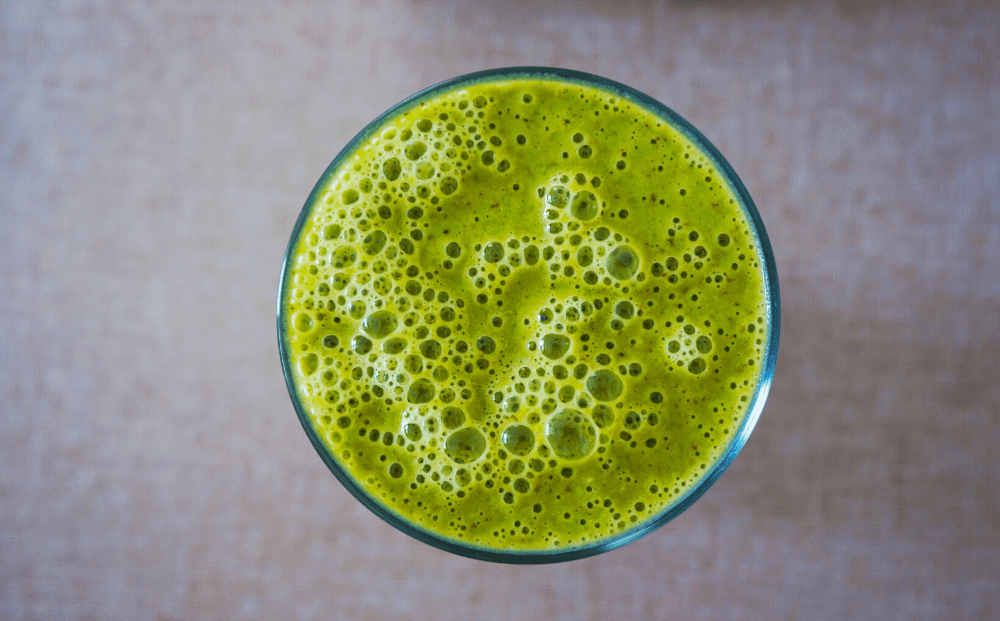
NAD+ and Athletic Performance
NAD+, or nicotinamide adenine dinucleotide, is a coenzyme found in all living cells that plays a critical role in cellular energy metabolism. It is involved in various biochemical pathways, including glycolysis, the citric acid cycle, and oxidative phosphorylation. NAD+ levels can affect many cellular processes, including aging, metabolism, and DNA repair.
Recently, there has been growing interest in the role of NAD+ in athletic performance. Researchers have been investigating whether increasing NAD+ levels can enhance athletic performance, and the results so far are promising.
One way to increase NAD+ levels is through the use of NAD+ precursors, such as nicotinamide riboside (NR) and nicotinamide mononucleotide (NMN). These compounds are readily absorbed by the body and converted into NAD+.
Athletic Performance
Several studies have suggested that increasing NAD+ levels can improve athletic performance. For example, a study published in Cell Metabolism in 2016 found that NR supplementation improved endurance capacity in mice by increasing mitochondrial biogenesis and fatty acid oxidation in skeletal muscle.
Another study published in Nature Communications in 2020 found that NMN supplementation improved exercise performance in mice by enhancing mitochondrial function and reducing oxidative stress in skeletal muscle. The researchers also found that NMN supplementation increased muscle strength and endurance in older mice.
While these studies were conducted on mice, there is evidence to suggest that NAD+ precursors may also enhance athletic performance in humans. For example, a small study published in Scientific Reports in 2019 found that NR supplementation improved cycling performance in healthy human volunteers by increasing mitochondrial function and reducing muscle inflammation.
Treatment For Muscle Decline
NAD+ precursors may also have potential as a treatment for muscle wasting and age-related muscle decline. A study published in Science Advances in 2020 found that NMN supplementation improved muscle function and reversed age-related muscle decline in elderly mice. The researchers also found that NMN supplementation increased muscle strength and endurance in older mice.
There is also evidence to suggest that NAD+ precursors may enhance recovery from exercise-induced muscle damage. A study published in the Journal of the International Society of Sports Nutrition in 2018 found that NR supplementation reduced muscle soreness and accelerated recovery following high-intensity exercise in healthy human volunteers.
Sports-related Injuries
NAD+ precursors may also have potential as a treatment for sports-related injuries. A study published in Scientific Reports in 2020 found that NMN supplementation improved tendon healing and reduced scar formation in mice.
Conclusion
While the evidence for the benefits of NAD+ precursors in athletic performance is promising, more research is needed to fully understand their effects. It is also important to note that NAD+ precursors are not a substitute for a healthy diet and exercise regimen. They should be used in conjunction with a healthy lifestyle to enhance athletic performance.
In addition, NAD+ precursors may interact with certain medications, so it is important to consult a healthcare professional before starting any new supplement regimen.
In conclusion, NAD+ precursors show promise as a way to enhance athletic performance and recovery. They may also have potential as a treatment for muscle wasting, age-related muscle decline, and sports-related injuries. However, more research is needed to fully understand their effects, and they should be used in conjunction with a healthy lifestyle. As always, it is important to consult a healthcare professional before starting any new supplement regimen.








